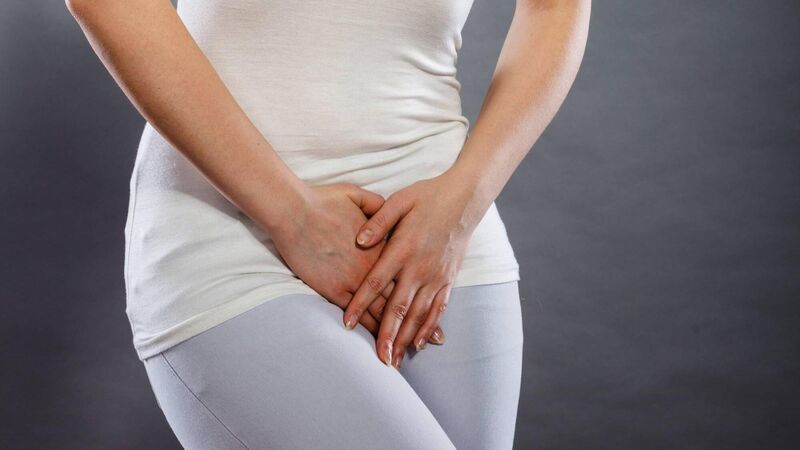What to do if you are suffering from cystitis?

Cystitis occurs more commonly after sexual activity, and in pregnancy. Picture: Stock
HAVE you been there? Days of running in and out of the bathroom, feeling like you’re about to burst, only to pass a small amount of urine which stings? This is typical of a urinary tract infection, and if they’re something you’ve experienced in the past, you are not alone.
For women, about 15% will be affected by a urinary tract infection (UTI) per year. Half of all women will experience it in their lifetime, and many then go on to have further attacks. It most commonly presents between the ages of 15 to 34.
Cystitis literally means inflammation of the bladder, but it can also include inflammation of the urethra. It is a more common occurrence in women than in men because the urethra, the tube from the bladder to the outside of the body, is shorter, and gives more scope for bacteria to travel up and cause infection.
For men, fluid from the prostate gland also gives some extra antibacterial protection, particularly under the age of 50.
Cystitis occurs more commonly after sexual activity, and in pregnancy. Increasing age and diabetes are also risk factors. Usually it’s caused by the bacteria from the bowel ascending up the urethra and starting to multiply in the bladder. Sometimes, however, women can have the signs and symptoms of a UTI without bacteria counts actually showing up in the urine sample.
You could also experience urgency to get to the bathroom, even though when you do get there you have little or no urine to pass, which may look cloudy, and frequently needing to get to the bathroom, particularly at night.
When suffering from cystitis, the knee-jerk reaction is to limit the amount of fluid that you’re taking in to reduce the painful passing of urine. However, the best thing you can do is to increase the volume of fluid, in order to promote the emptying of the bladder, dilute the acidity, and flush the bacteria out.
It’s also possible to take paracetamol for the pain, once you ensure that you’re not masking a temperature by doing so. Making sure to pass urine immediately after sexual intercourse is a good preventative measure to take.
Some other things that you can consider using for an episode of cystitis over the counter include getting a product in the pharmacy that contains an alkalising agent.
The acidity of the urine is what causes the classic discomfort, so these products claim to bring the pH of the urine back to neutral and anecdotally relieve the symptoms.
Cranberry juice or capsules is another popular option to try to treat or prevent these infections, although the evidence for the effectiveness of either of these options is questionable.
It’s also important to check the suitability of these products with your own concurrent medical conditions or medications.
They will rule out an upper infection called pyelonephritis and treat appropriately.
Children, pregnant women and older adults should also attend the doctor, and the presence of a fever with the symptoms of cystitis would require investigation.
If the infection persists, the doctor may prescribe a short course of antibiotics to help clear it.
In severe cases of regular and ongoing UTIs, preventative antibiotics may be prescribed.
Read More
Dr Michelle O’Driscoll is a pharmacist, researcher and founder of InTuition, a health and wellness education company. Her research lies in the area of mental health education, and through her company InTuition she delivers health promotion workshops to corporate and academic organisations nationally. See www.intuition.ie







 App?
App?


